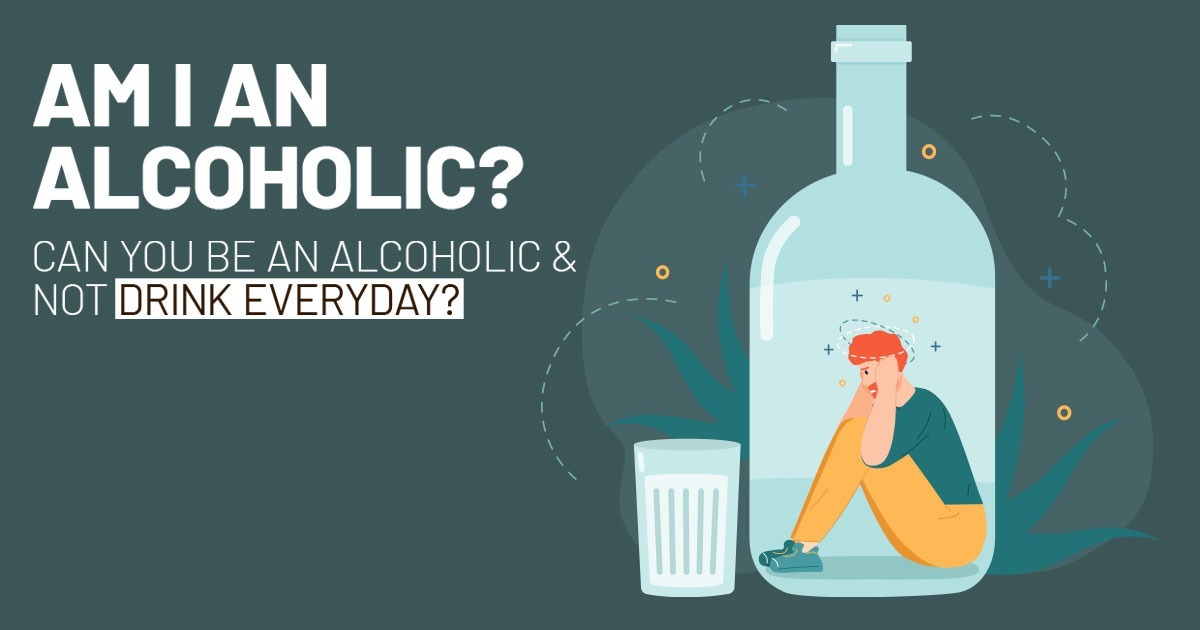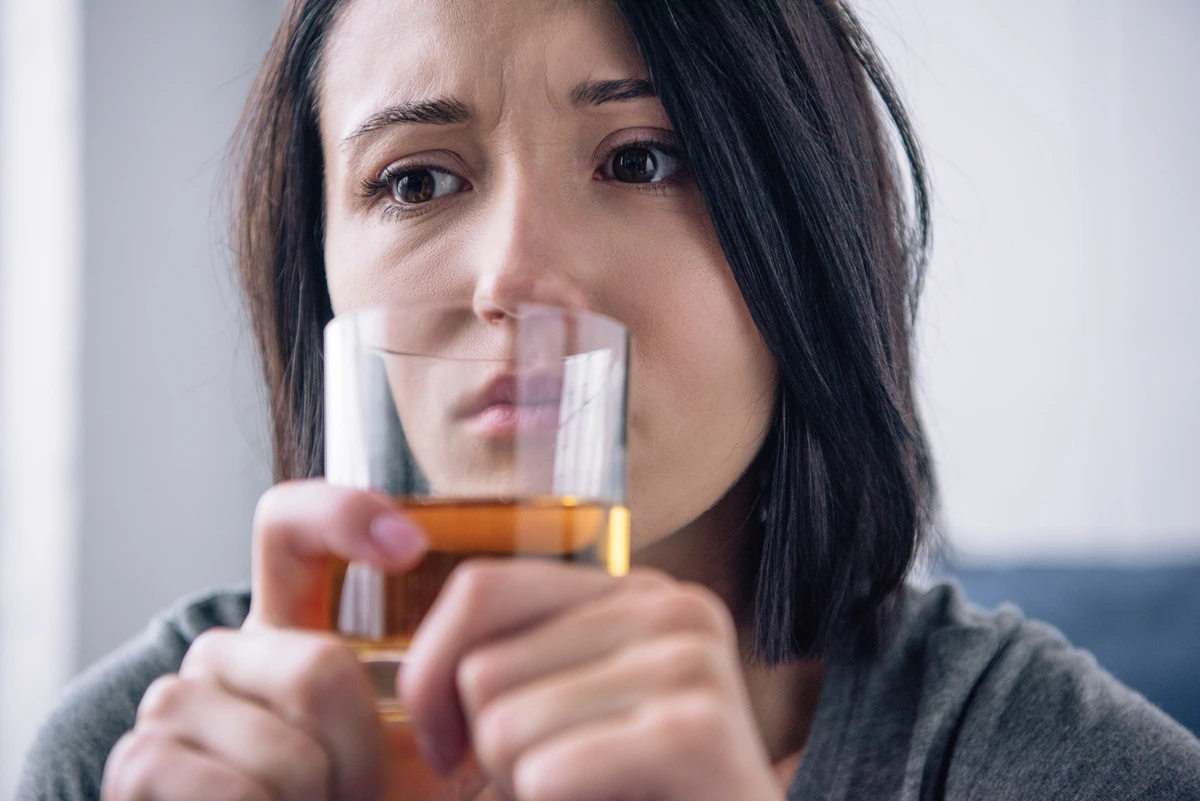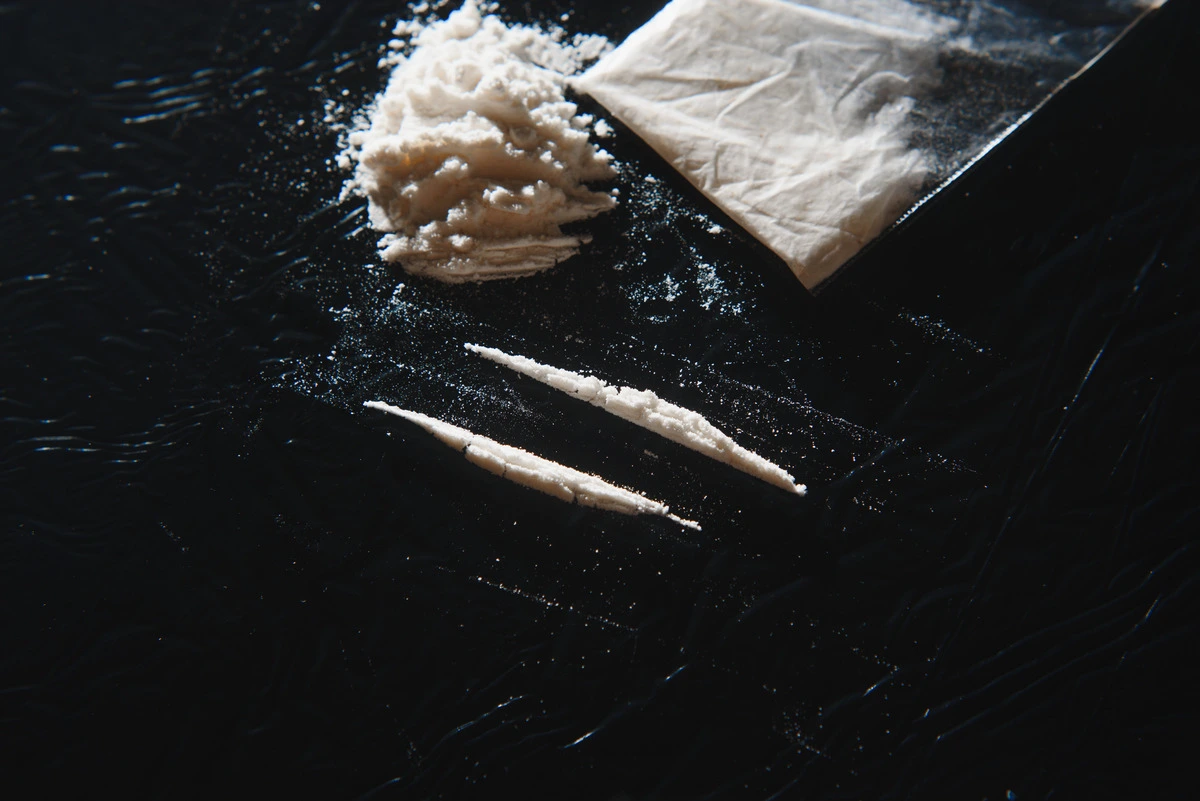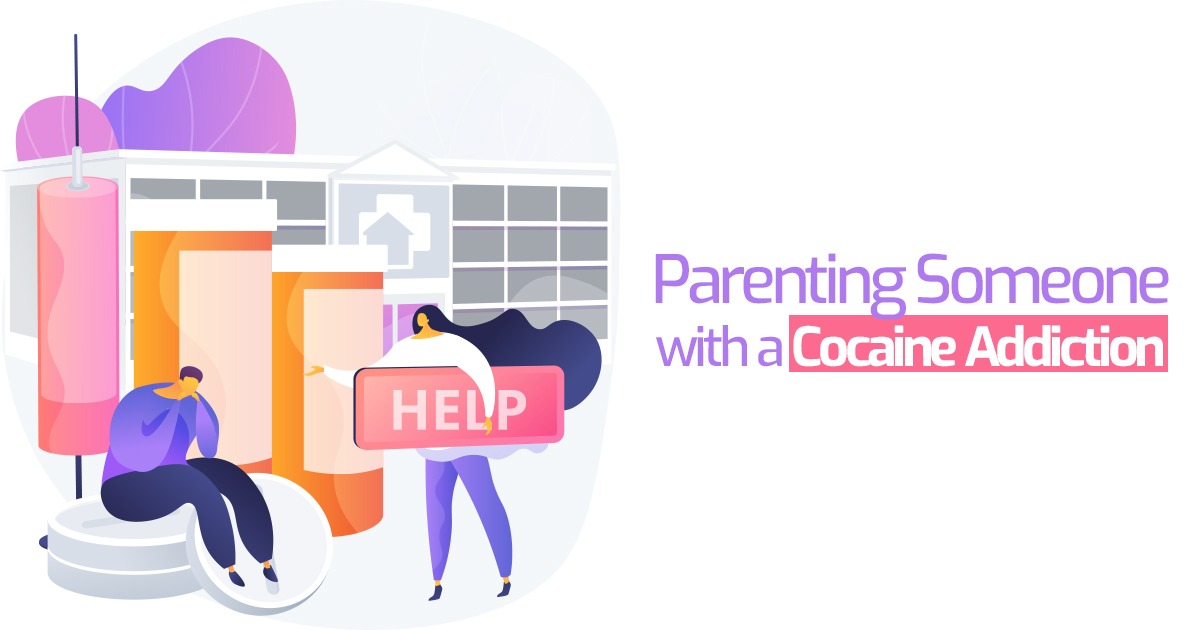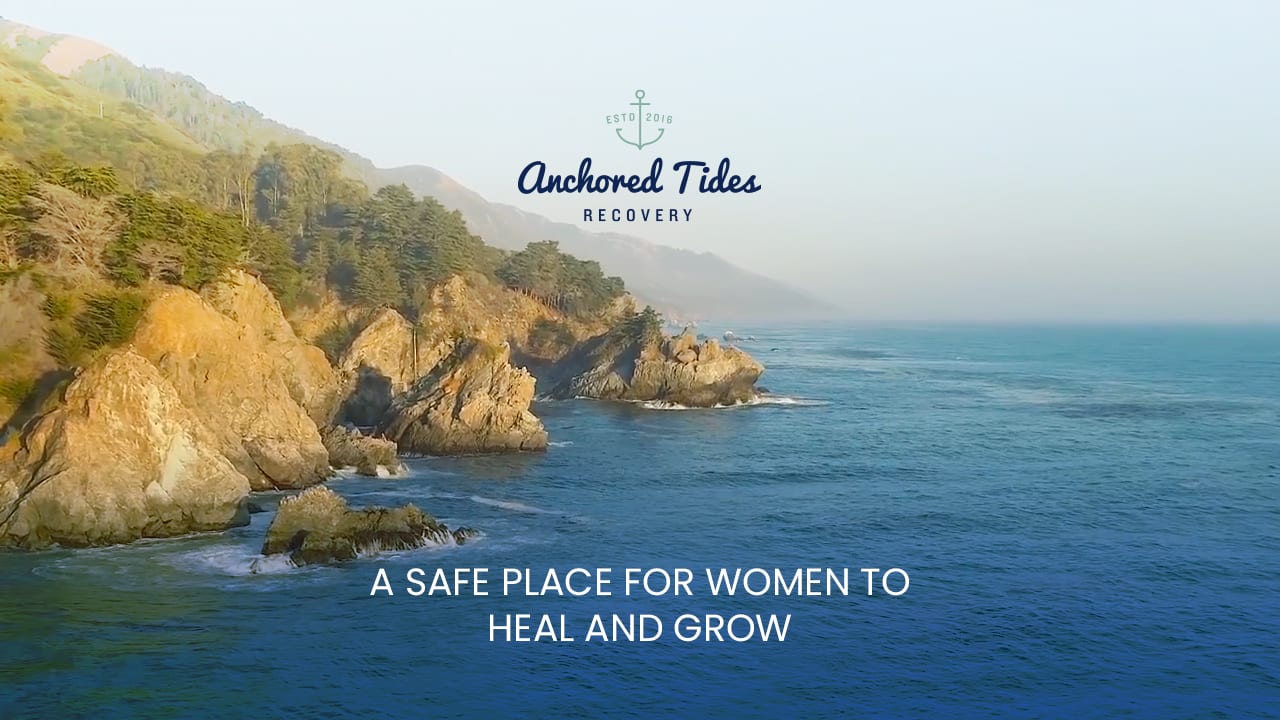
If you’re asking yourself this question, you’re already taking an important first step. Many women use alcohol to unwind, cope with stress, or fit in socially — and sometimes it can be hard to tell when occasional drinking crosses the line into something harmful.
You might be wondering:
✔️Am I drinking too much?
✔️ Is my binge drinking putting me at risk?
✔️ Do I need help to stop?
We’ll help you understand what binge drinking is, how to know if it’s becoming a problem, and how to take action if you’re ready for change. Whether you want to cut back, quit binge drinking, or explore treatment options, Anchored Tides Recovery is here to support you.
What Is Binge Drinking?
Binge drinking refers to a pattern of drinking that raises your blood alcohol concentration (BAC) to 0.08% or higher. For women, this usually means consuming four or more drinks during a single occasion.
Unlike alcohol dependence — which involves a physical need to drink — binge drinking often happens in episodes. But even occasional binge drinking can cause serious harm to your health, relationships, and well-being.
How Common Is Binge Drinking?
If you’re wondering whether your drinking habits are unusual, you’re not alone. In fact, binge drinking is one of the most widespread patterns of excessive alcohol use in the U.S. — and it often goes unrecognized.
Understanding how common this behavior is — and the risks it carries — can help you put your own experience into perspective and decide whether it’s time to seek help. Here’s what the latest data from the Centers for Disease Control and Prevention (CDC) reveals about alcohol use and binge drinking across the country:
Alcohol Use in the U.S.: Key Stats
Alcohol use is widespread among adults in the United States:
- More than half of U.S. adults report drinking alcohol.
- About 17% engage in binge drinking — defined as consuming 4 or more drinks for women or 5 or more drinks for men during a single occasion.
- Roughly 6% of adults drink heavily — meaning they consume 8 or more drinks per week for women or 15 or more drinks per week for men.
- The vast majority of adults who drink heavily also report episodes of binge drinking.
Binge Drinking: The Most Common Form of Excessive Drinking
Among the various patterns of excessive alcohol use, binge drinking is by far the most common:
- Over 9 in 10 adults who drink excessively report episodes of binge drinking.
- Most people who binge drink are not diagnosed with alcohol dependence — but this does not make the behavior safe. Even without physical dependence, binge drinking exposes individuals to serious risks.
- Compared to those who do not binge drink, individuals who binge drink are significantly more likely to experience physical health problems, mental health challenges, and social consequences related to alcohol use.
While it’s important to understand how common binge drinking is, the most crucial question is this: how is it affecting your life? Let’s look at the key signs that your binge drinking may be becoming a problem.
Signs Your Binge Drinking May Be a Problem
It’s not just about how much you drink — it’s about the impact it’s having. Here are some questions to ask yourself:
- Do you drink more than you planned, or drink until you black out?
- Do you binge drink alone or in secret?
- Are you missing work, school, or family commitments because of drinking or hangovers?
- Have loved ones expressed concern about your drinking?
- Do you find it hard to stop once you start drinking?
- Have you tried to quit binge drinking and been unable to?
- Are you using alcohol to cope with stress, anxiety, trauma, or emotions?
- Are you taking dangerous risks while under the influence (driving, unprotected sex, unsafe situations)?
If you answered yes to one or more of these, it may be time to explore options for binge drinking treatment or recovery.
Ready to take the first step? Contact us today for a free, confidential consultation.
Risks of Binge Drinking
Binge drinking can affect your life in ways you may not even realize:
Short-term risks:
- Accidents and injuries
- Risky sexual behavior
- Alcohol poisoning
- Memory loss or blackouts
Long-term effects:
- Increased risk of developing alcohol use disorder (AUD)
- Liver damage
- Heart problems
- Depression and anxiety
- Relationship struggles
- Poor performance at work or school
Even if you’re not drinking every day, frequent binge drinking episodes can have a serious impact on your health and future.
Can I Stop Binge Drinking On My Own?
It’s a common question: “Can I stop binge drinking on my own?”
The answer depends on your individual situation. Some women can reduce their drinking with lifestyle changes and support. But if binge drinking is connected to underlying trauma, anxiety, depression, or addiction, professional help is often needed.
Trying to quit alone can be challenging — and potentially dangerous if withdrawal symptoms occur. If you’ve tried before and relapsed, or if your drinking is causing harm, that’s a sign to seek support.
How To Stop Binge Drinking: Steps You Can Take
If you’re ready to take action, here are some steps to consider:
Pay attention to what situations, emotions, or environments lead you to binge drink.
Lorem ipsum dolor sit amet, consectetur adipiscing elit. Ut elit tellus, luctus nec ullamcorper mattis, pulvinar dapibus leo.
Lorem ipsum dolor sit amet, consectetur adipiscing elit. Ut elit tellus, luctus nec ullamcorper mattis, pulvinar dapibus leo.
Explore apps to stop binge drinking, such as Reframe or Sober Grid, or read books on stopping binge drinking to learn new coping skills.
If binge drinking is difficult to stop on your own, treatment programs can help you build lasting recovery.
You don’t have to do this alone. Get help for binge drinking now.
Binge Drinking Treatment & Recovery Options
At Anchored Tides Recovery in Orange County, CA, we offer supportive, women-centered treatment to help you overcome binge drinking:
Binge Drinking Counseling
One-on-one counseling helps you explore the root causes of your drinking and build healthier coping strategies.
Binge Drinking Support Groups
Our support groups offer a safe space for women to connect, share experiences, and encourage each other.
Binge Drinking Programs
We provide a range of flexible options:
- Partial Hospitalization Program (PHP)
- Intensive Outpatient Program (IOP)
- Outpatient Therapy
- Aftercare & Relapse Prevention
Rehab for Binge Drinking
For women needing more intensive support, we offer residential rehab in a structured, supportive environment.
Find a Binge Drinking Therapist
Our team can match you with an experienced therapist who specializes in helping women stop binge drinking and heal from underlying trauma.
Cost of Binge Drinking Treatment
Concerned about the cost? You may be surprised to learn that many insurance plans cover binge drinking treatment. At Anchored Tides Recovery:
- We accept many insurance plans
- We offer flexible outpatient programs to fit your schedule and budget
- We’ll help you verify your coverage and explore options
Investing in your recovery is an investment in your health, your happiness, and your future.
How To Help Someone Stop Binge Drinking
If you’re searching for how to help someone stop binge drinking, here are a few tips:
- Approach the conversation with compassion, not judgment
- Express your concerns calmly and clearly
- Encourage them to seek professional help — and offer to help research treatment options
- Set healthy boundaries to protect your own well-being
- Seek support for yourself as well — many binge drinking support groups welcome loved ones too
Contact us to learn more about helping a loved one through recovery.
Why Choose Anchored Tides Recovery?
At Anchored Tides Recovery, we specialize in helping women stop binge drinking and build lasting, fulfilling lives.
Our programs offer:
✔️ Women-centered care in a supportive environment
✔️ Trauma-informed, evidence-based treatment
✔️ Holistic therapies, including yoga and art therapy
✔️A strong, empowering community of women in recovery
Serving Orange County and Southern California, we help women across the region — and across the country — take back their lives from binge drinking.
Take the First Step Today
If you’ve been wondering, “Is my binge drinking becoming a problem?” — trust your instincts. You don’t have to keep struggling on your own.
Reach out to Anchored Tides Recovery today for a free consultation. We’re here to help you explore your options and start your recovery journey.

FAQs About Binge Drinking Treatment
If your drinking is causing problems or if you’ve tried to stop and can’t, treatment can help — call (866) 329-6639 today.
Some women can, but if binge drinking is frequent or linked to trauma, stress, or mental health issues, professional treatment is often the safest, most effective option — call (866) 329-6639 today.
We offer outpatient treatment, IOP, PHP, and residential options tailored to your needs.
Yes — many insurance plans cover treatment. Contact us to verify your benefits.
Start with an open conversation, offer support, and encourage them to explore professional help. Our team can guide you — call (866) 329-6639 today.
Helpful Resources and Next Steps:
- What Is a Substance Abuse Program for Women?
- Substance Abuse Among Women
- Substance Abuse & Codependency
- Intensive Outpatient vs Outpatient Programs
- Women’s Addiction Treatment Center Overview
Anchored Tides Recovery is a women’s addiction treatment center in Orange County offering PHP, IOP, and trauma-informed care designed to empower women through every stage of recovery.


